RUAHA NATIONAL PARK
Ruaha National Park
A paradise for predators
One of the most exciting parks in southern Tanzania, Ruaha National Park is vast and remote, attracting far fewer tourists than some parks in the north. At the same time, it is home to a variety of predators, from lions and leopards to hyenas and even the rare African wild dogs. Ruaha offers exclusive adventures and rewards those who venture off the beaten track. If you want to experience exclusive safari moments without having to share animal sightings with other travellers and have a slightly more flexible budget, Ruaha is your park.
The top safari destination in Tanzania’s south
In Ruaha National Park, you can experience classic safari adventures without encountering many other travellers or safari vehicles. Famous for its high number of predators, elephants and varied landscapes, the park also offers walking safaris and balloon rides. Venture out of the popular north of Tanzania and explore the beautiful south!
The attraction of a safari in Ruaha National Park is easy to explain: it is a huge national park with diverse landscapes and equally diverse wildlife. The animal sightings here are phenomenal! At the same time, there is comparatively little accommodation. Together with its location in the remote southern part of Tanzania, many kilometres away from the popular Serengeti and the Ngorongoro Crater, this means that very few travellers make it to Ruaha.
What makes Ruaha National Park so special?
Excellent game viewing in beautiful landscapes with very few tourists guarantee exclusive safari experiences.
Due to its remoteness, Ruaha is particularly popular with Tanzania repeat visitors and enthusiastic safari lovers.
If you want to visit Ruaha without missing Serengeti or Ngorongoro, you can fly to Ruaha and land at one of the airstrips in the park.
Vegetation and landscapes
The vegetation in Ruaha National Park is diverse, from flat treeless savannahs to miombo forests, dry scrubland and swamps to floodplains. In the park you will find almost 1,650 different plant species – a unique botanical paradise.
The park is named after the large Ruaha River, which flows for over 160 km through the park. It is the most distinctive feature of the park and the livelihood of its residents. Aside from the river, the park is also known for its diverse landscape – from open spaces to rolling hills, branching rivers and wetlands to rock formations and mountains.
Ruaha National Park lies in the transition zone where the eastern and southern flora and fauna overlap. The Great Rift Valley also runs through the park, with escarpments rising between 50 and 100 m high. Natural springs associated with the Rift Valley can be found throughout the park.
During the dry season, the majestic Ruaha River shrinks and consists of just a few precious waterholes frequented by predators. They wait there patiently because they know that thirst-stricken herds of impala, gazelles and other antelope come there to drink. The riverside vegetation provides ample shelter for lions, leopards, cheetahs, wild dogs and hyenas, making it the best hunting ground in the park.
What animals can you see here?
Ruaha National Park is particularly famous for its exceptionally high numbers of African elephants, with one of the densest concentrations in all of East Africa. Large herds of up to 200 elephants are often spotted under gigantic baobab trees. The park is also home to kudu (greater and lesser kudu) as well as the majestic sable and roan antelope, both of which are commonly seen.
Ornithologists will also get their money’s worth here, as up to 529 species of birds can be found in the park. Some of the birds include the endemic Ruaha Mopanetoko, kingfisher, sunbird, green-headed starling, gray starling, southern ground hornbill, juggler, spotted eagle and many more.
Activities
During the day, game drives are the main activity in the park and they are exciting enough. If you want to experience a slightly different perspective or an additional highlight on your trip, you can also book a walking safari or a balloon ride – truly unique experiences.
Best time to travel to Ruaha National Park
As with many safari destinations, the dry season is the best time to visit Ruaha National Park. Between late June and November, the mighty Ruaha River is one of the few sources of water for animals – an ideal spot for great wildlife viewing. The weather is sunny and warm, but not too hot, and the roads are dry and easy to drive. The rainy season begins earlier than in the north of the country and can begin as early as mid-December and extend into March. The rainy season is a great time for bird lovers as many migratory birds can be seen in Ruaha. However, during the rainy off-season some accommodation in Ruaha National Park is temporarily closed, so good planning is important.
Perfect for photographers and safari lovers
From Iringa, a city of about 1 million people, it takes about four hours to drive to Ruaha National Park. From the coastal city of Dar es Salaam, the journey takes more than twice as long. Although the park is not exactly easy to get to, that is what makes Ruaha National Park so special. It combines all the ingredients for a perfect, classic safari: excellent wildlife, varied landscapes, personal accommodations. But there are fewer vehicles and tourists here than in the popular northern parks near Arusha. If you are a photographer or simply a passionate safari lover and looking for an authentic experience, we recommend a trip to Ruaha National Park.
Location
Ruaha National Park is located in southern Tanzania. The nearest city with about 1 million inhabitants is Iringa, 130 km from the national park. The southern part of Tanzania is very remote and is less frequently visited than the better-known parks in the north of the country. The easiest way to get to Ruaha is by plane. You can choose between charter and scheduled flights from Dar es Salaam. Alternatively, a ten-hour drive – with a stopover – takes you to Ruaha National Park.
Photos from Ruaha National Park
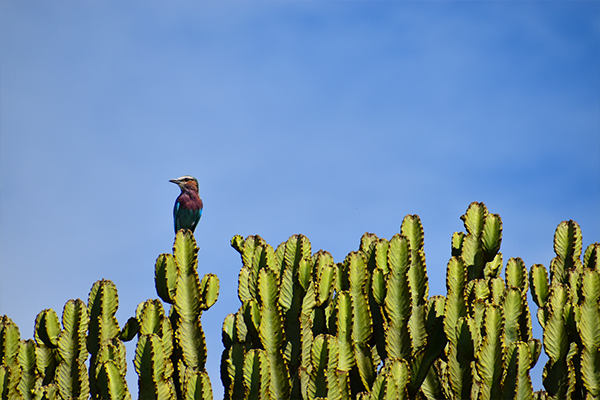
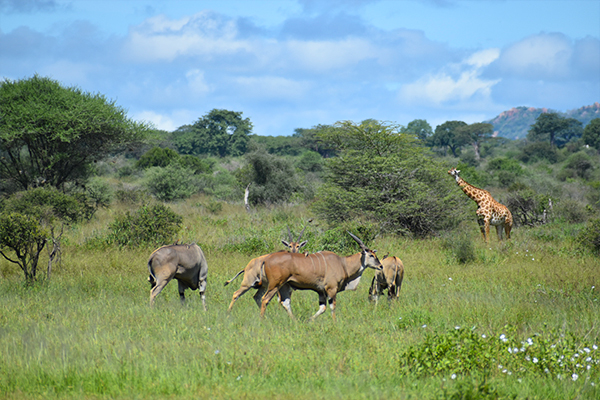
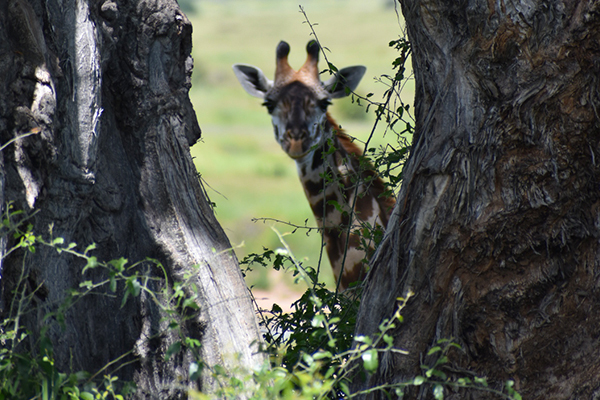
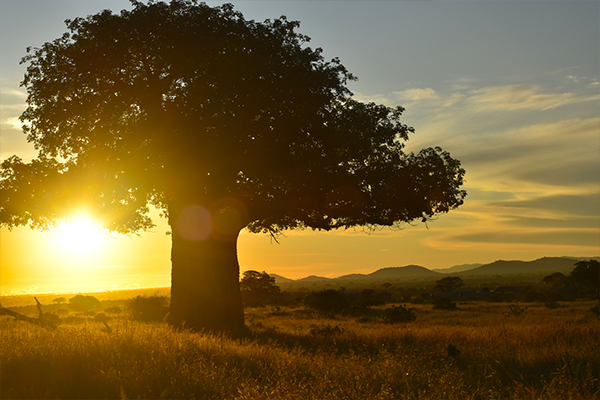
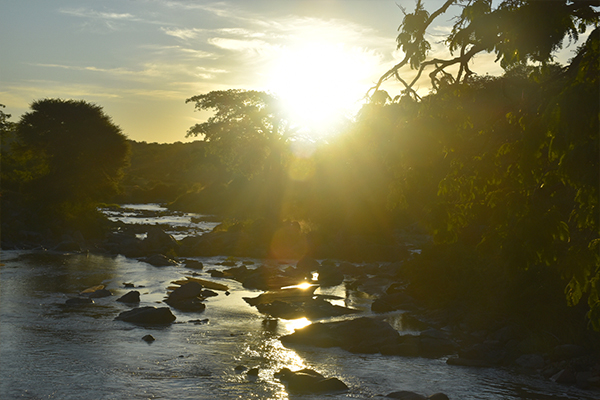
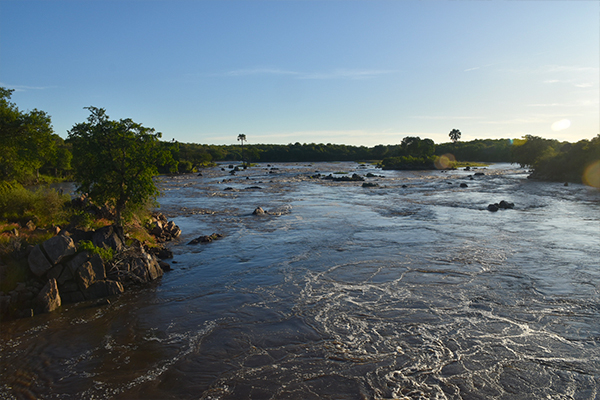
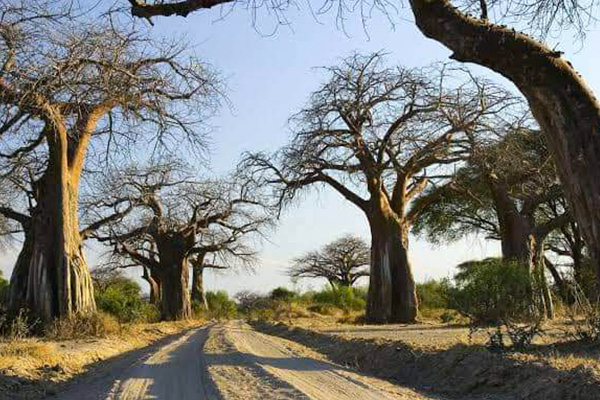
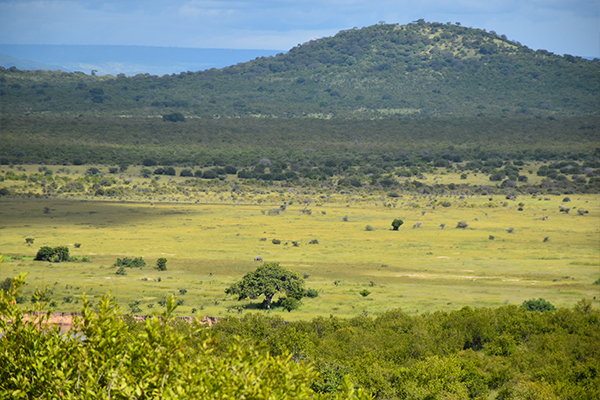
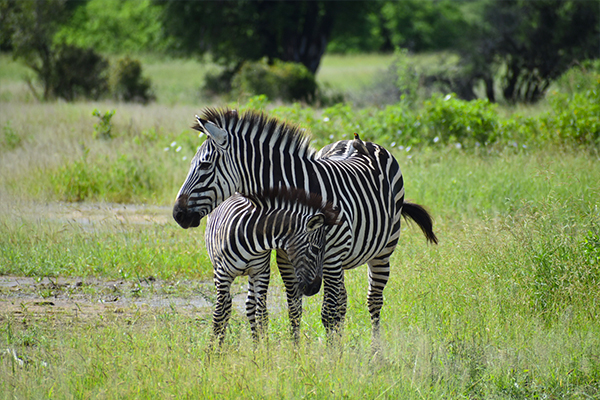
INQUIRE RUAHA NATIONAL PARK TOUR
Start planning your Ruaha National Park tour by filling the form below
